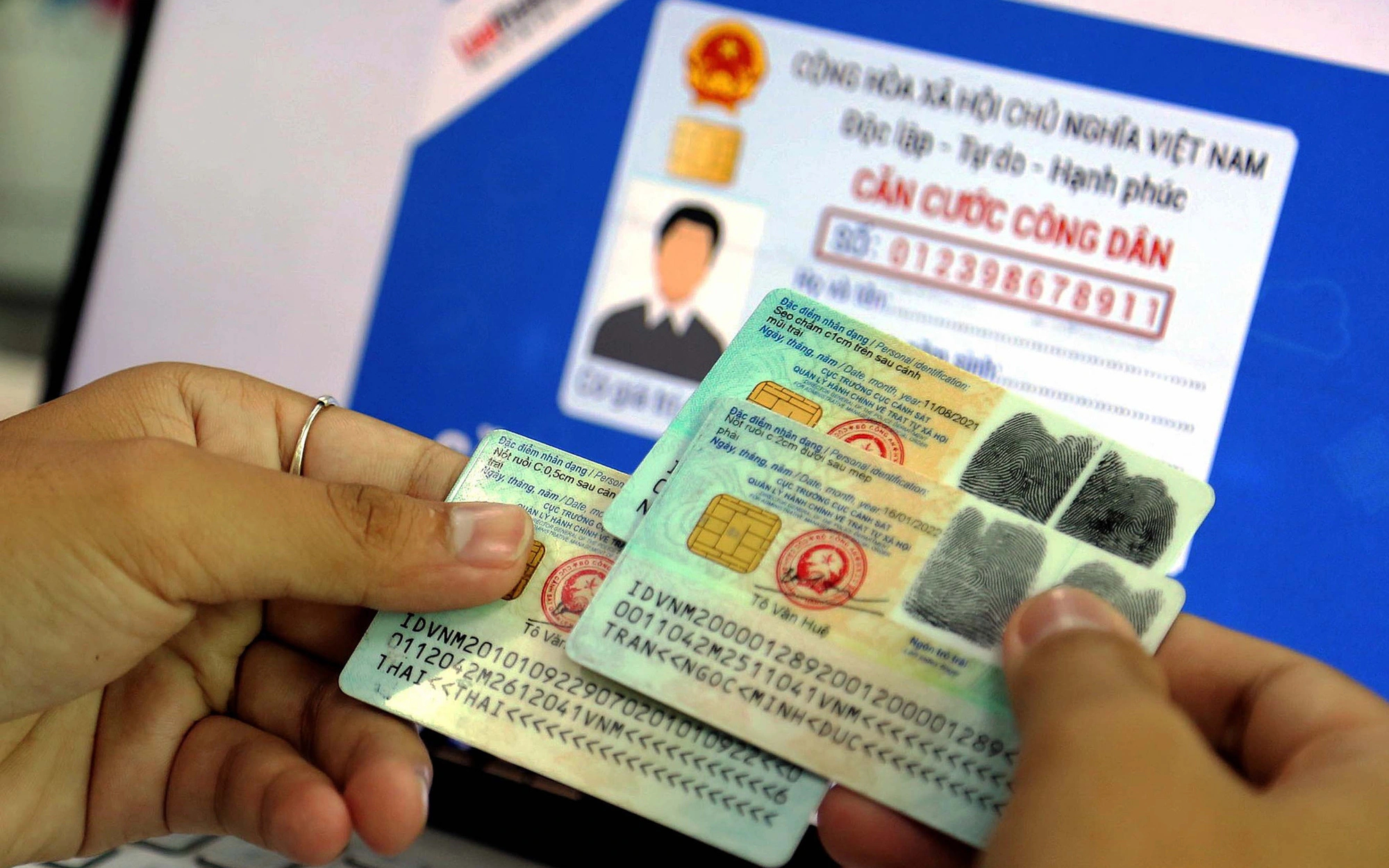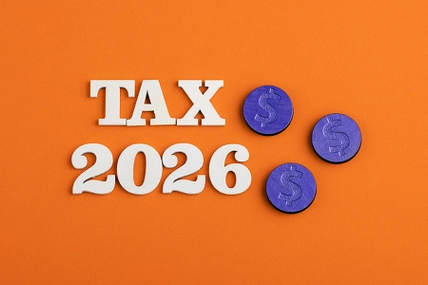Passed in last November, the Law on Identity (the Law) is set to come into force on July 1 this year, superseding the 2014 Law on Citizen Identification (as revised in 2020). The Law facilitates the performance of administrative procedures and provision of online public services, socio-economic development, and digital citizen identification.
Consisting of 46 articles arranged in seven chapters, the Law provides the National Population Database and the Identity Database, identity cards, electronic identity, and identity certificates. It also defines rights, obligations and responsibilities of identity-related agencies, organizations, and individuals.
Expansion of subjects of application
The Law expands subjects of application as compared to the 2014 version. In addition to Vietnamese citizens and related agencies, organizations and individuals, the Law also applies to people of Vietnamese origin with unknown citizenship currently living in Vietnam.
The Law contains new provisions on management and grant of identity cards for persons aged under 14 years in order to guarantee their lawful rights and interests and facilitate the building of the digital government and digital society.
To meet current requirements, the Law adds Article 30 on identity certificates and identity management of people of Vietnamese origin with unknown citizenship who have been granted identity certificates.
The reality shows that not a few people of Vietnamese origin currently living in Vietnam have no information or any documents proving their identity or background due to various reasons related to history, war, migration, etc. State management agencies and local administrations also have none about their identity or background. These persons are ineligible for grant of permanent or temporary residence cards under the Law on Foreigners’ Entry in, Exit from, Transit through and Residence in Vietnam, and it is impossible for them to carry out procedures for medical examination and treatment, labor contract signing, admission to schools or other civil transactions that request proof of personal information. For this reason, the new article is necessary and appropriate and is not contrary to the Law on Citizenship and the Law on Foreigners’ Entry in, Exit from, Transit through and Residence in Vietnam.
Some salient new provisions of the Law
Firstly, the Law adds provisions on integration of citizen information that is stable and frequently used in the National Population Database and the Identity Database. Identity cards that provide citizen information are valid and equivalent to documents issued by competent agencies with information printed on or incorporated in identity cards.
Secondly, the Law specifies additional information on Vietnamese citizens and people of Vietnamese origin with unknown citizenship currently living in Vietnam archived in the National Population Database and the Identity Database.
Thirdly, the Law has amendments and supplementations to the management and grant of identity cards, grant of identity cards to under-14 people and identity certificates to people of Vietnamese origin with unknown citizenship currently living in Vietnam.

Last but not least, the Law contains revised provisions on management, operation, exploitation and use of information in the National Population Database and the Identity Database; and establishment and cancellation of personal identification numbers (PINs). The Law also ensures unified use of identity cards and limitation of relevant administrative procedures, and specifies principal contents of electronic identity accounts.
Validity of identity cards
An identity card will be valid for proving its holder’s identity and other information that has been incorporated therein for use upon the performance of administrative procedures, use of public services, or performance of transactions and other activities in Vietnam’s territory. Identity cards may be used as a substitute for entry/exit documents in case Vietnam and a foreign country sign a treaty or an international agreement allowing their citizens to use identity cards as substitutes for entry/exit documents in their territories.
Identity cards or personal identification numbers will be used for agencies, organizations and individuals to check information on card holders in the National Population Database and other national databases and specialized databases.
In case a card holder is requested by a competent agency, organization or individual to present his identity card, the requester may not ask the card holder to present papers or provide information that has been printed and incorporated in the identity card. If such information has changed compared to that stated on the identity card, the card holder will have to provide legally valid papers and documents proving the changed information.
The State has responsibility to protect lawful rights and interests of people entitled to be granted identity cards.
Electronic identity card
This is a new provision and important policy introduced in the Law. As construed in Article 3.17, electronic identity card means the identity of a Vietnamese citizen which is shown through an electronic identity account created by the electronic identification and authentication system.
Under Article 31 of the Law, every Vietnamese citizen will be granted an electronic identity card, which will be valid for proving the holder’s identity information and other information incorporated in the card when carrying out administrative procedures, using public services, conducting transactions or other activities as required. In the course of carrying out administrative procedures, providing public services, conducting transactions or other activities, if detecting a difference between information shown on an identity card or encrypted and stored in the storage medium on the identity card and information on the electronic identity card of the card holder, agencies, organizations and individuals may use information included in the electronic identity card.
The head of the identity management agency of the Ministry of Public Security has the competence to grant electronic identity cards.
Validity of citizen’s identity cards and people’s identity cards
Citizen’s identity cards granted before the effective date of the Law remain valid till their expiry dates. These cards will be renewed into identity cards on demand.
People’s identity cards with an expiry date later than December 31, 2024, will remain valid for use by the end of December 31, 2024. Legally valid papers that were issued using information from people’s identity cards and citizen’s identity cards remain valid. State agencies may not request citizens to change or modify information on their people’s identity cards and citizen’s identity cards in issued papers.
Particularly, citizen’s identity cards and people’s identity cards that expire at a time between January 15, 2024, and the date before June 30, 2024, will remain valid until June 30, 2024.
Provisions on the use of citizen’s identity cards and people’s identity cards in legal documents issued before the effective date of the Law will apply to identity cards specified in the Law until these legal documents are revised or replaced.


![[Update now] Personal income tax policies 2026: 05 major changes](https://image3.luatvietnam.vn/uploaded/500x285twebp/images/original/2026/02/25/update-now-personal-income-tax-policies-2026-five-major-changes_2502135544.jpg)







